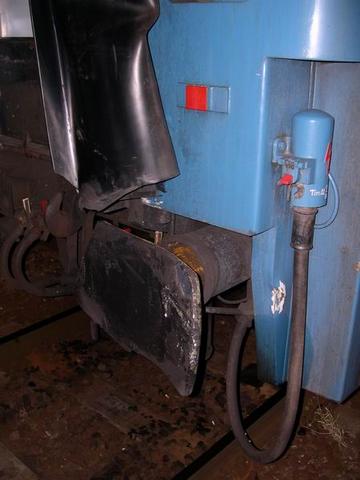
Ifjúsági tűzoltó tábor II. nap Reggeli torna Elsősegély oktatás- BLS, stabil oldalfekvés, 112 használata... Füstel telített épületben való tájékozódás Tömlő gurítás "Kosarazás" Jó... - Székelykeresztúri Villám-Fulger Önkéntes Tűzoltó Egyesület | Facebook

Örökbe fogadták az összes eszközt és budaörsi tűzoltót – 1 079 995 Ft támogatás gyűlt össze – Budaörsi Infó

Ifjúsági tűzoltó tábor II. nap Reggeli torna Elsősegély oktatás- BLS, stabil oldalfekvés, 112 használata... Füstel telített épületben való tájékozódás Tömlő gurítás "Kosarazás" Jó... - Székelykeresztúri Villám-Fulger Önkéntes Tűzoltó Egyesület | Facebook

Ifjúsági tűzoltó tábor II. nap Reggeli torna Elsősegély oktatás- BLS, stabil oldalfekvés, 112 használata... Füstel telített épületben való tájékozódás Tömlő gurítás "Kosarazás" Jó... - Székelykeresztúri Villám-Fulger Önkéntes Tűzoltó Egyesület | Facebook

Örökbe fogadták az összes eszközt és budaörsi tűzoltót – 1 079 995 Ft támogatás gyűlt össze – Budaörsi Infó

Örökbe fogadták az összes eszközt és budaörsi tűzoltót – 1 079 995 Ft támogatás gyűlt össze – Budaörsi Infó

Ifjúsági tűzoltó tábor II. nap Reggeli torna Elsősegély oktatás- BLS, stabil oldalfekvés, 112 használata... Füstel telített épületben való tájékozódás Tömlő gurítás "Kosarazás" Jó... - Székelykeresztúri Villám-Fulger Önkéntes Tűzoltó Egyesület | Facebook
















